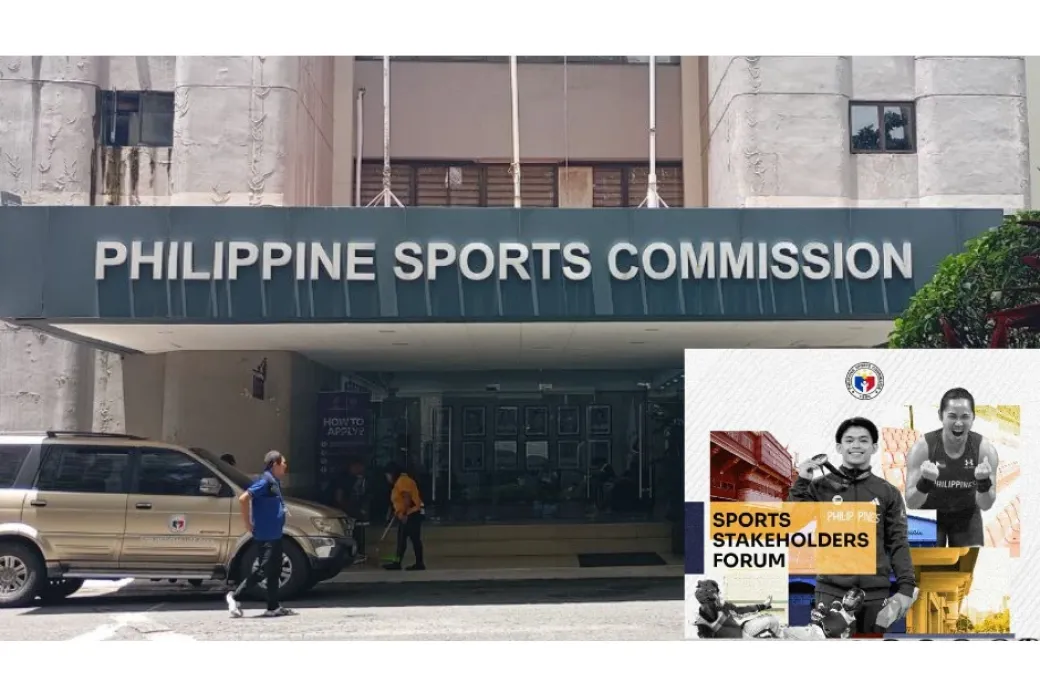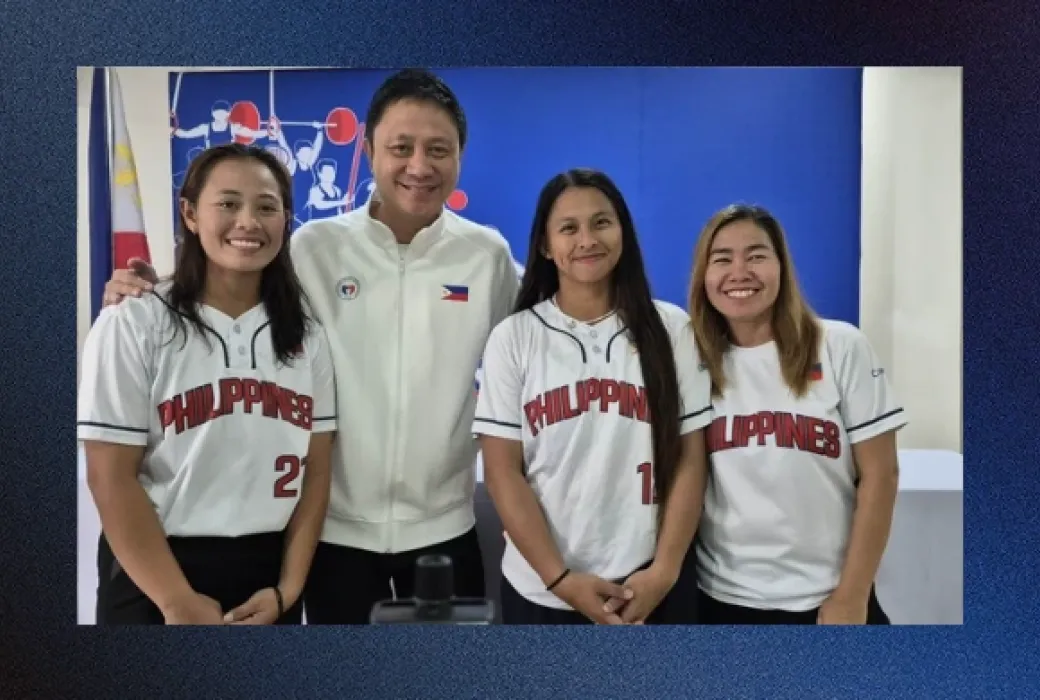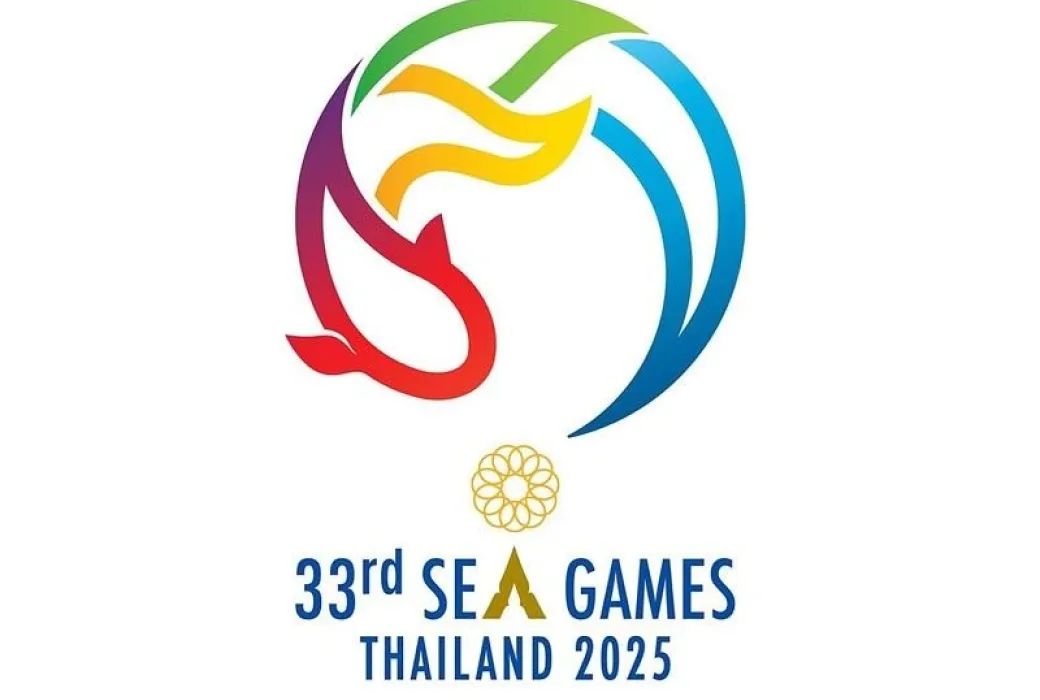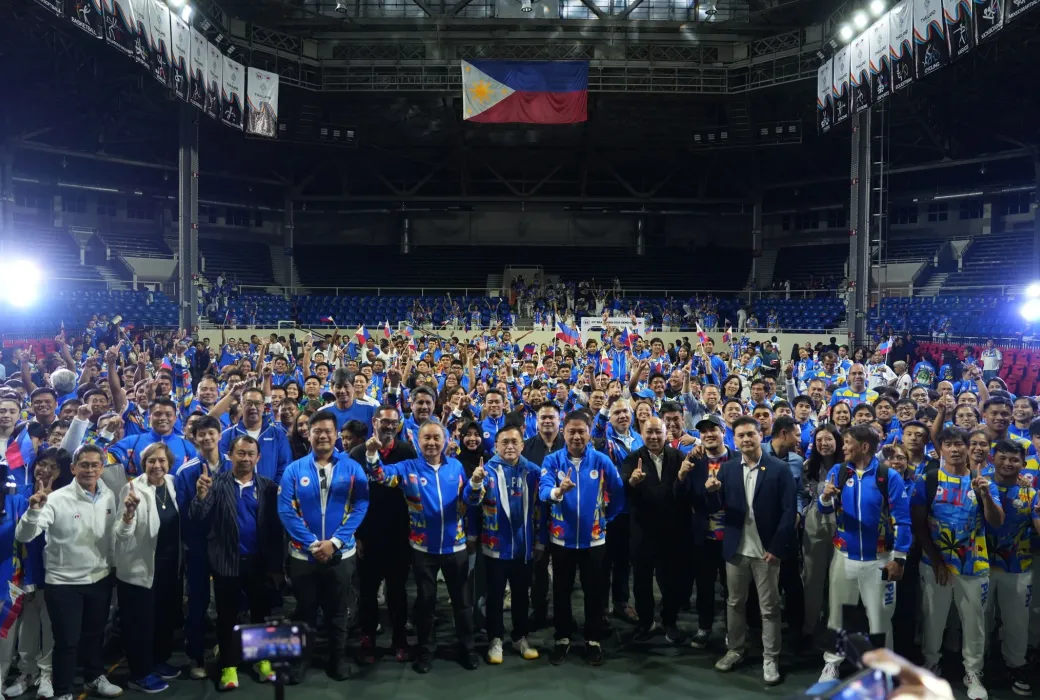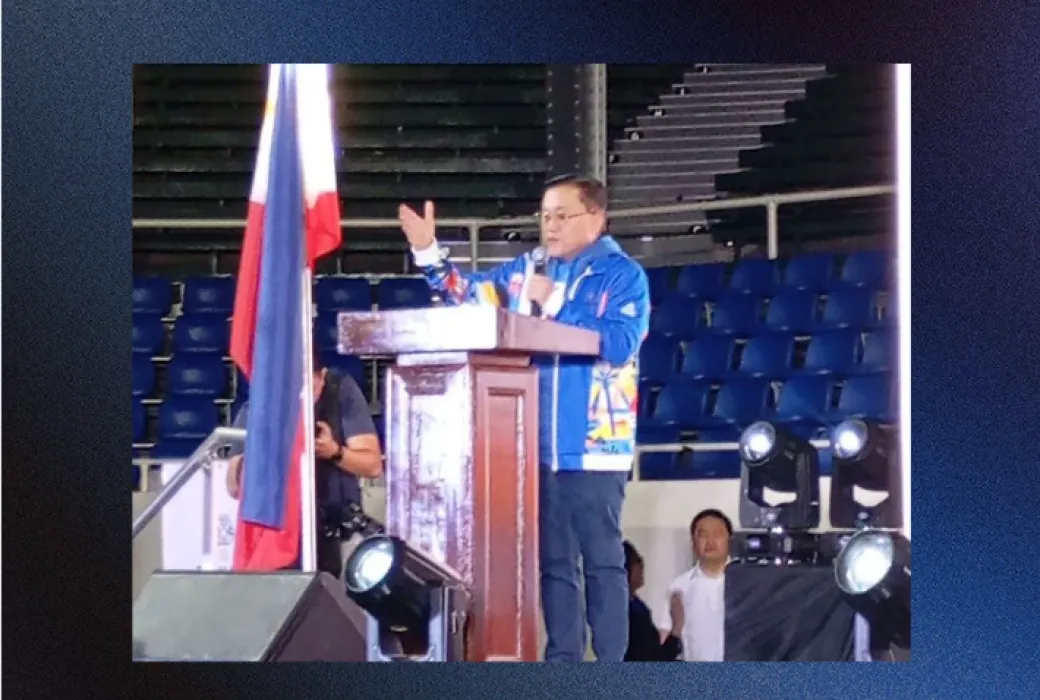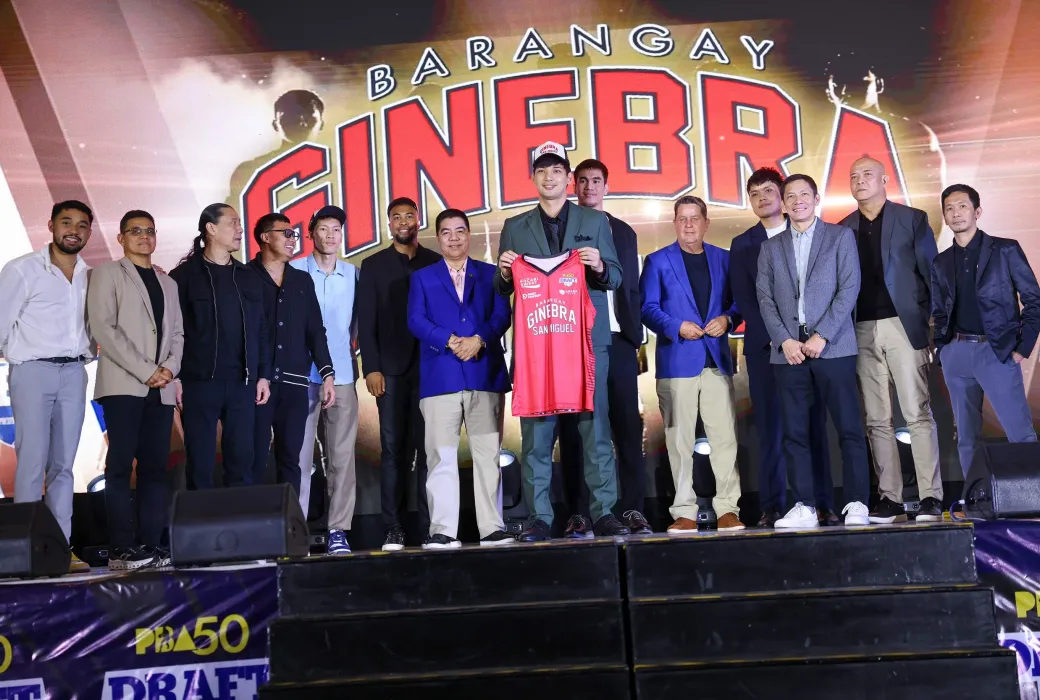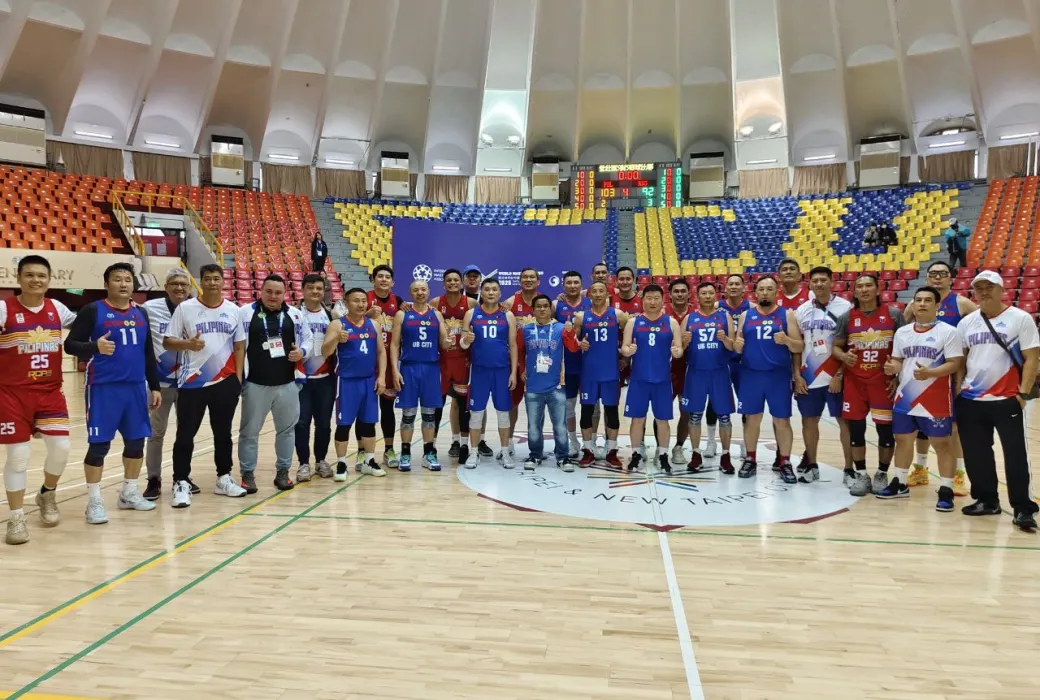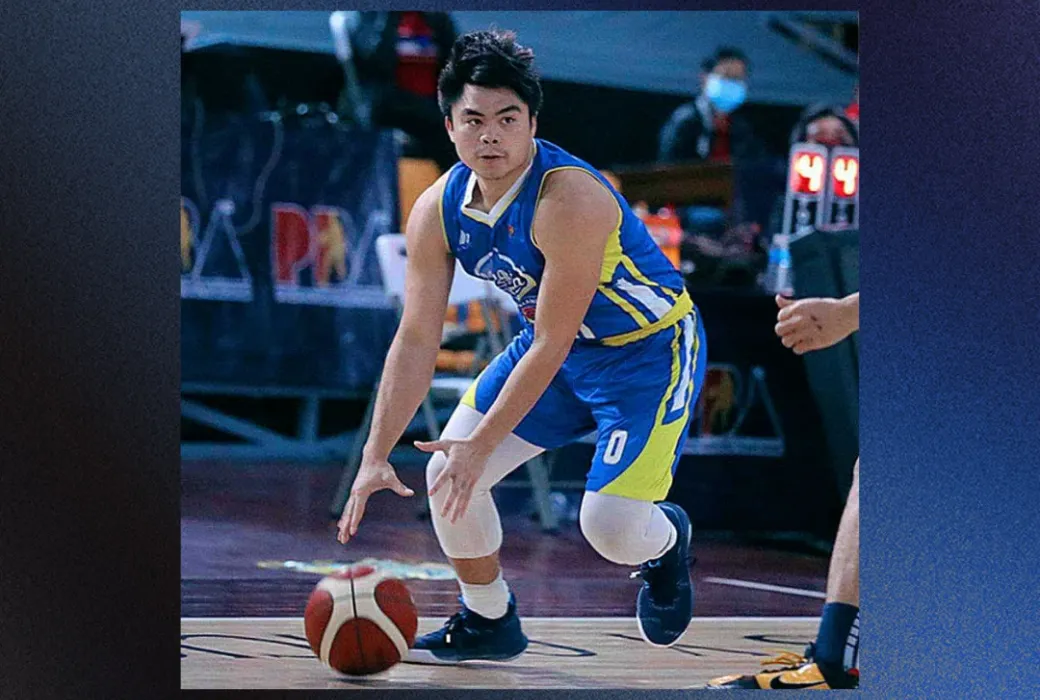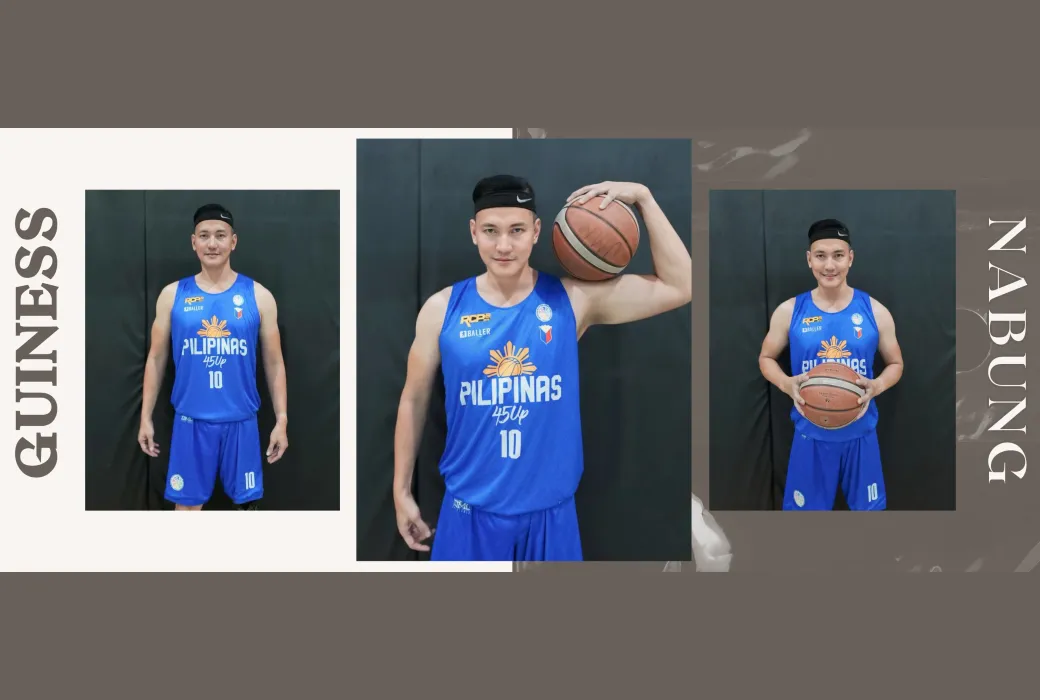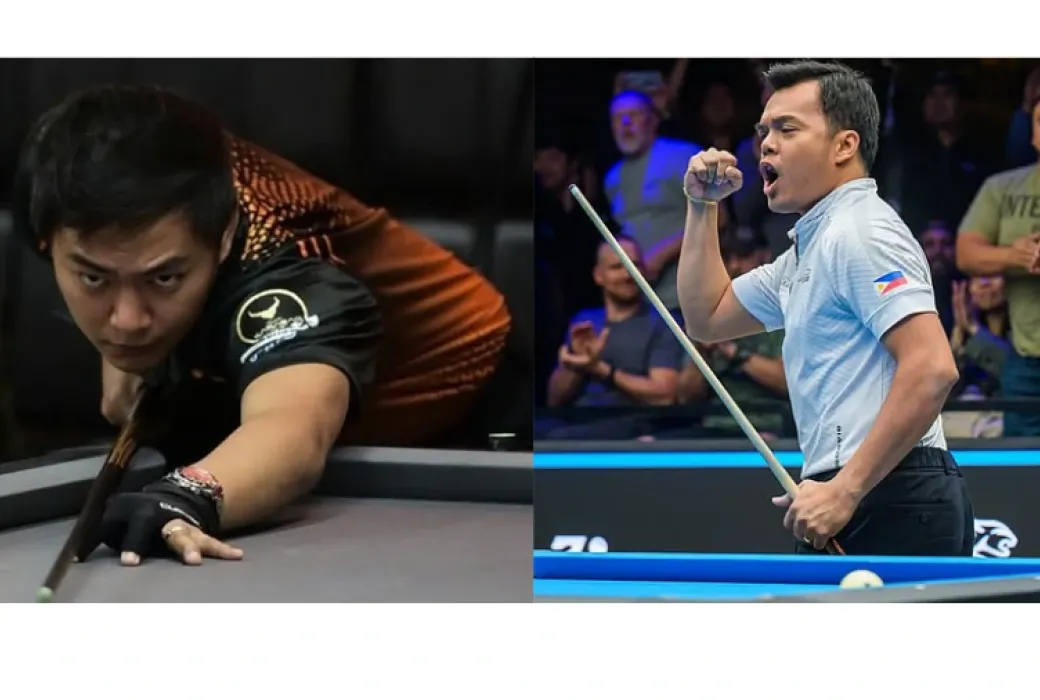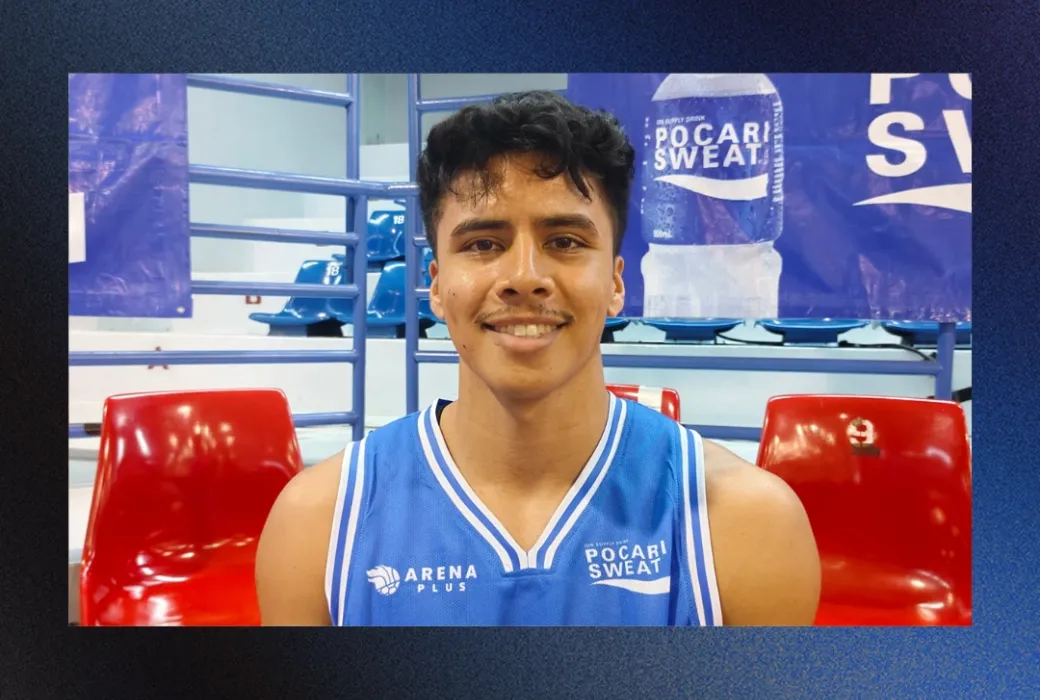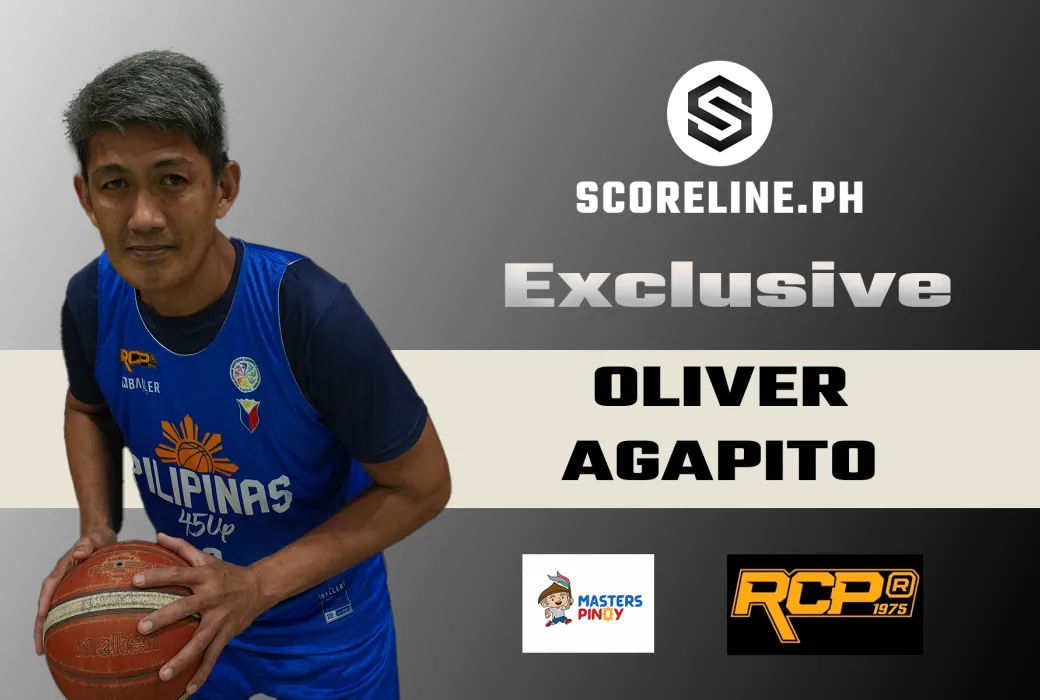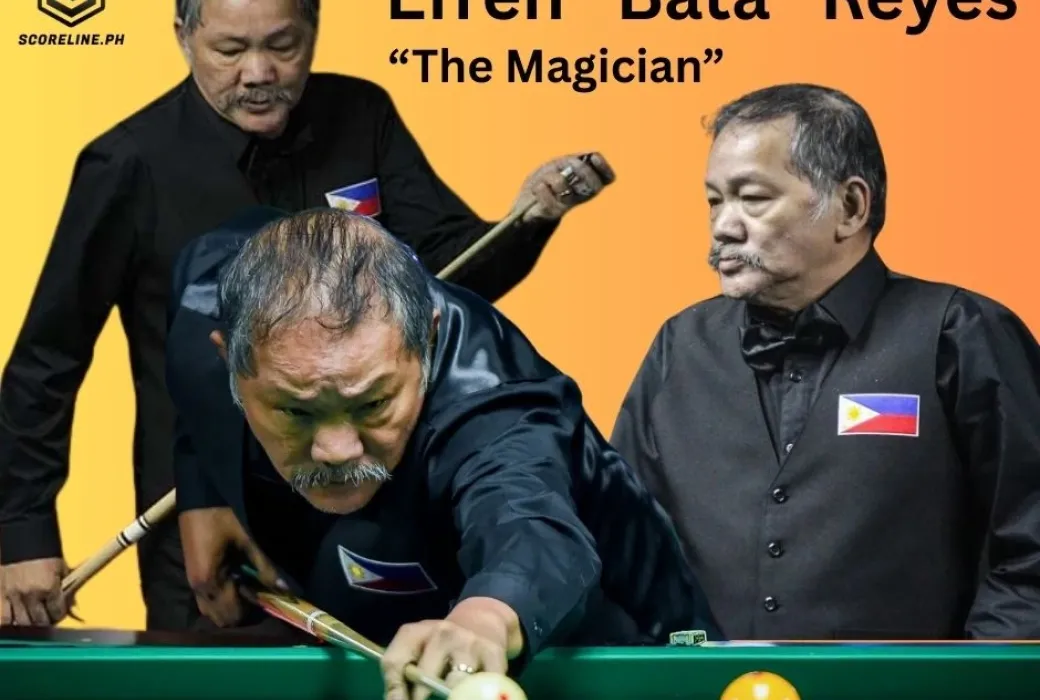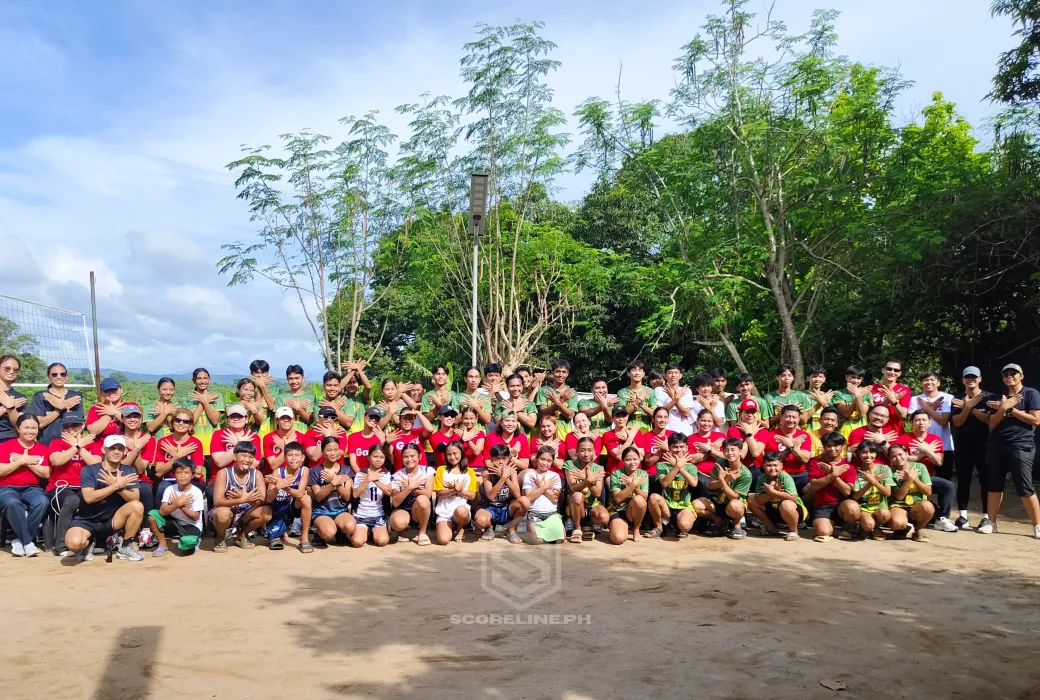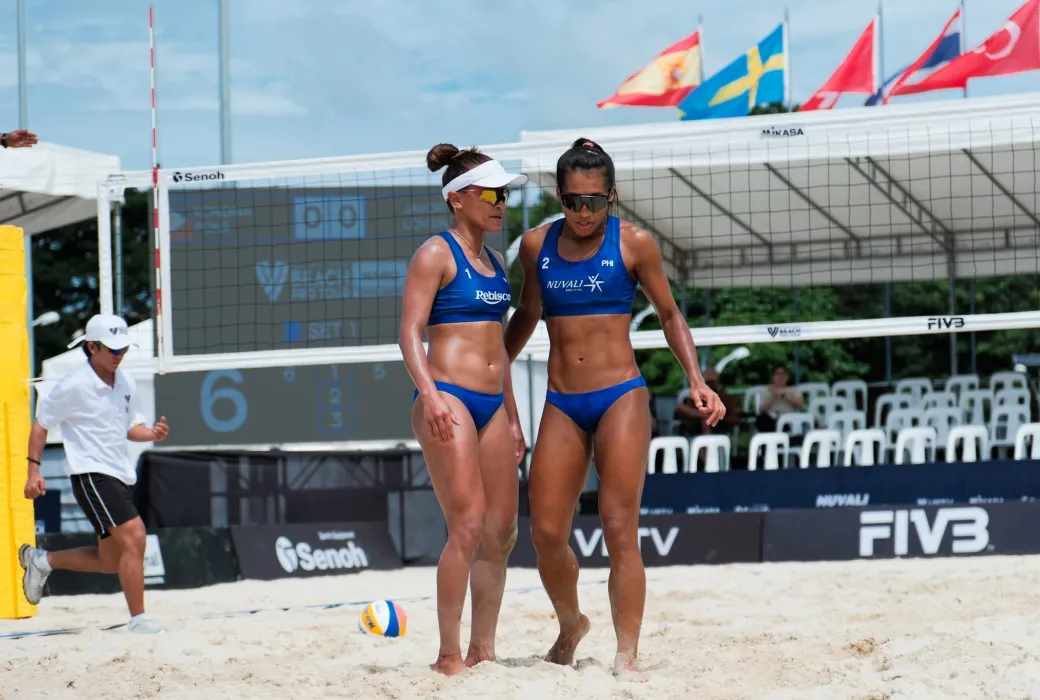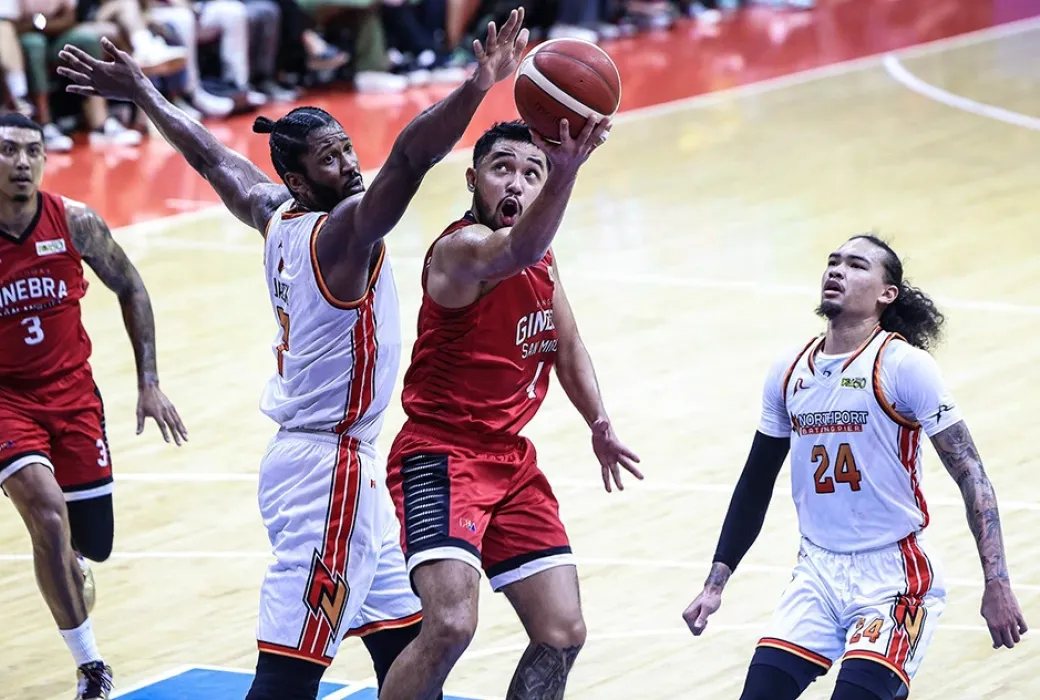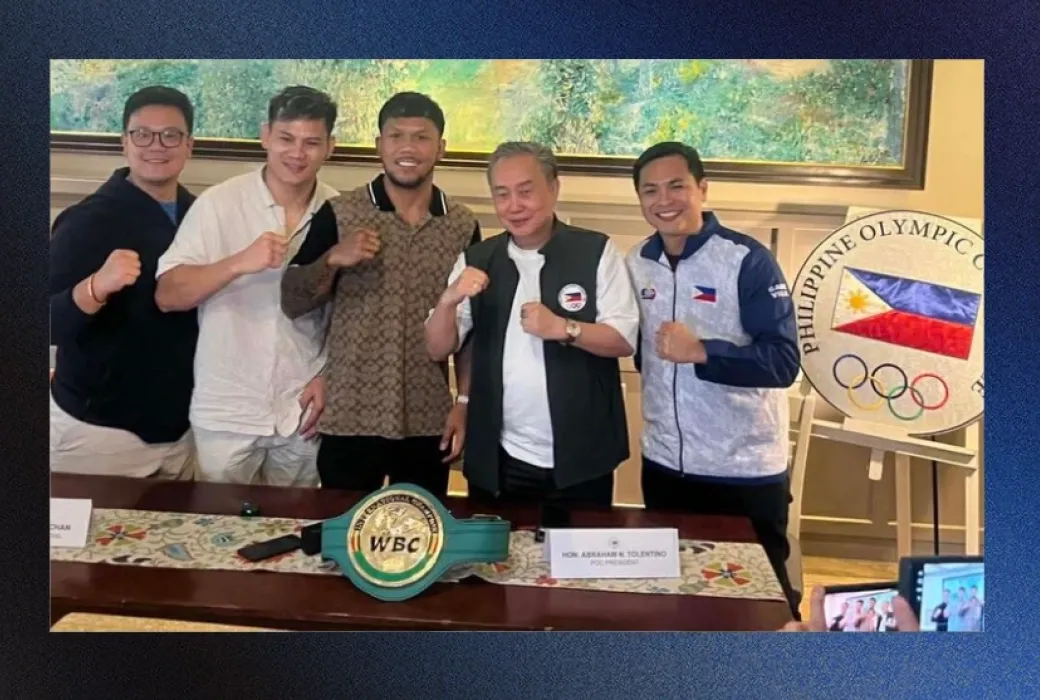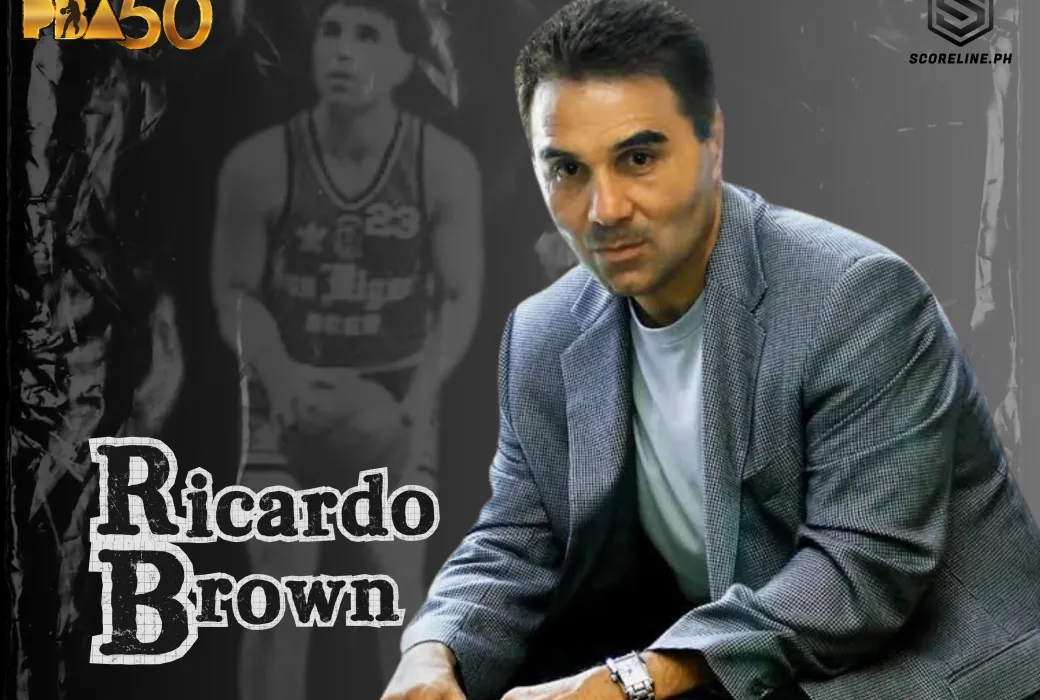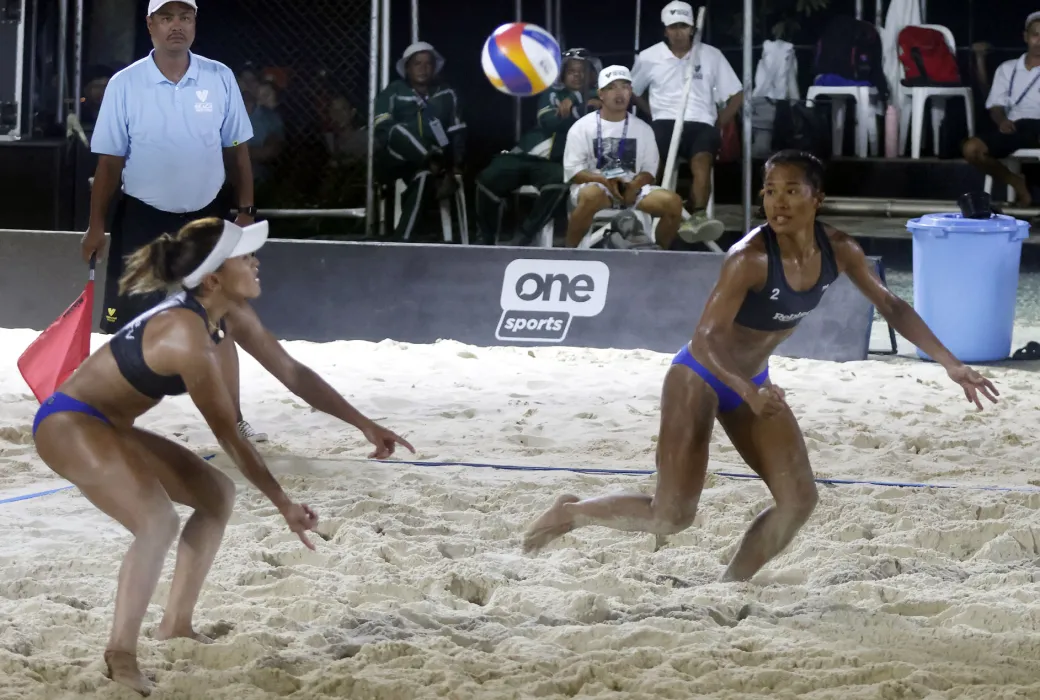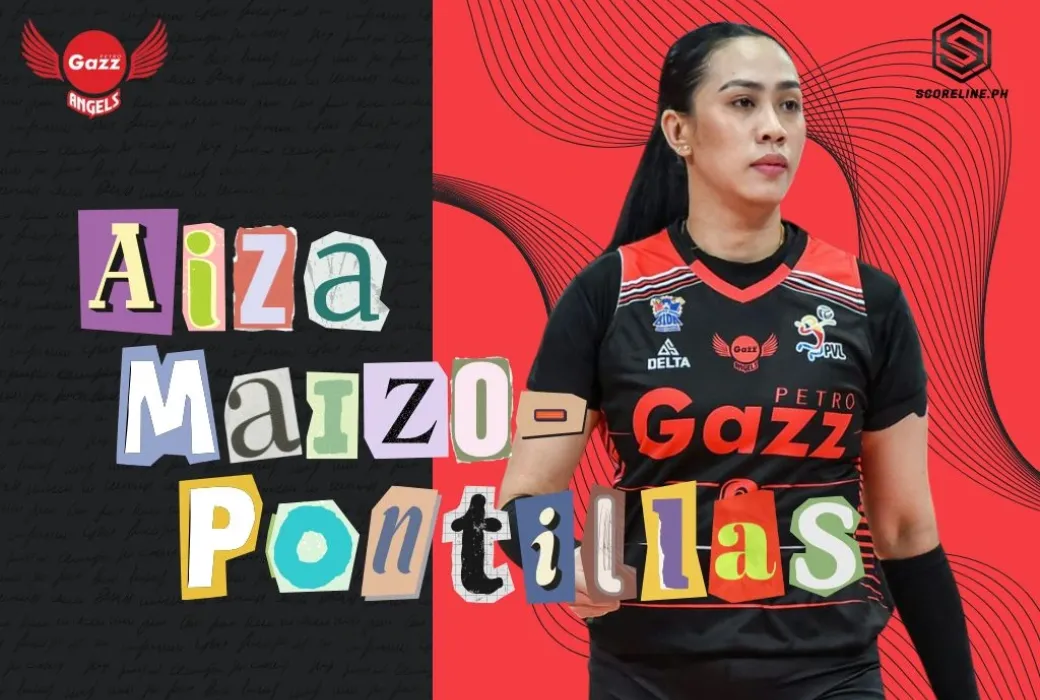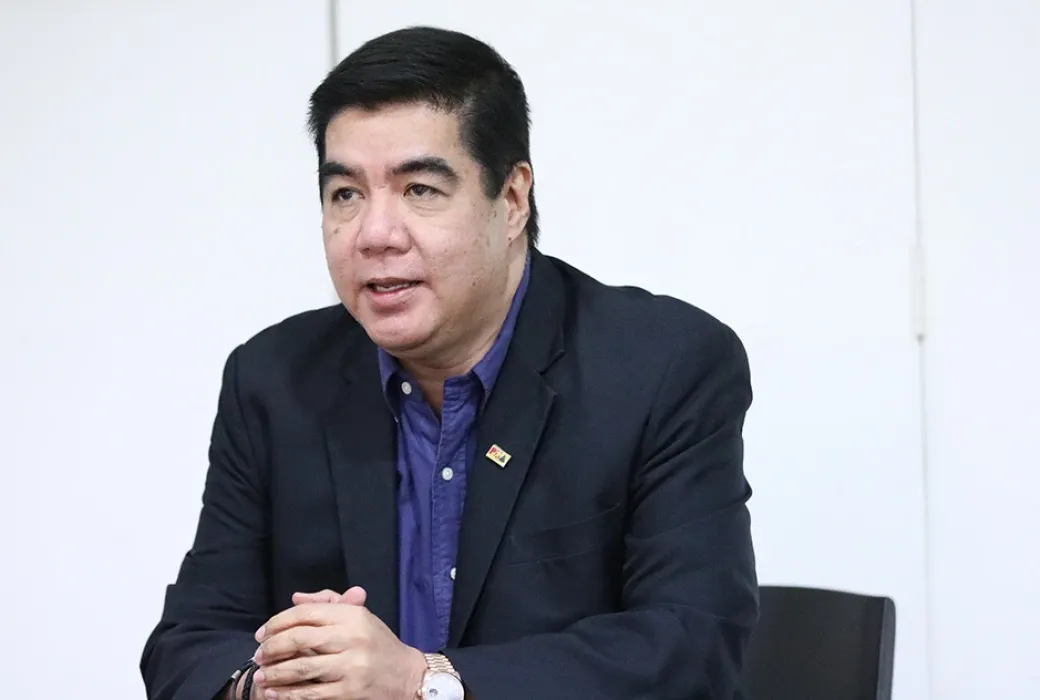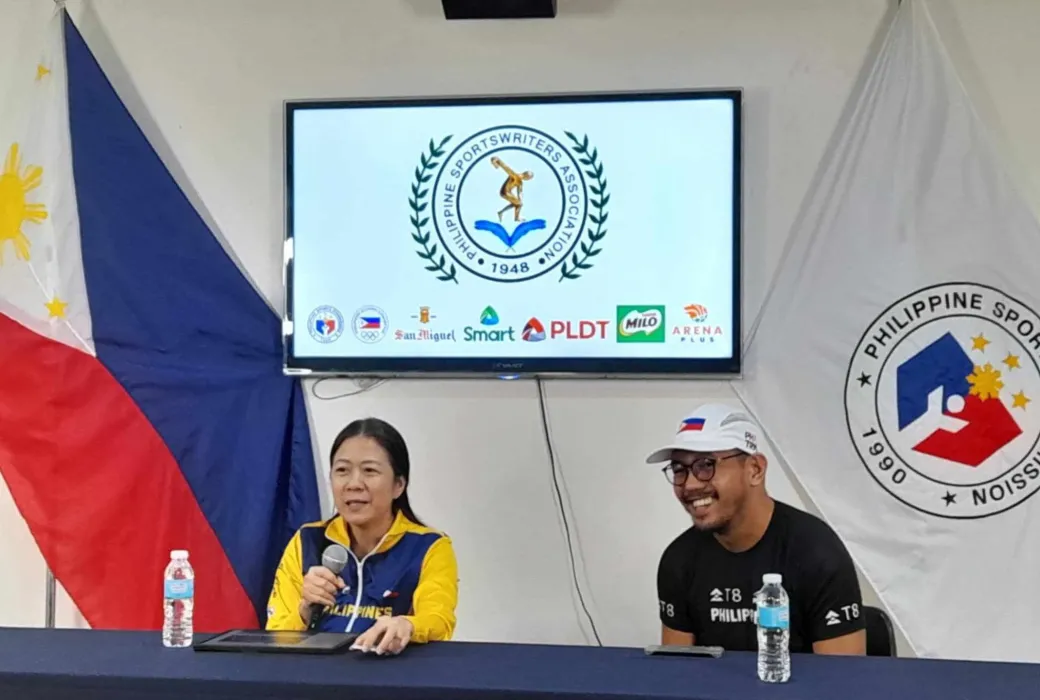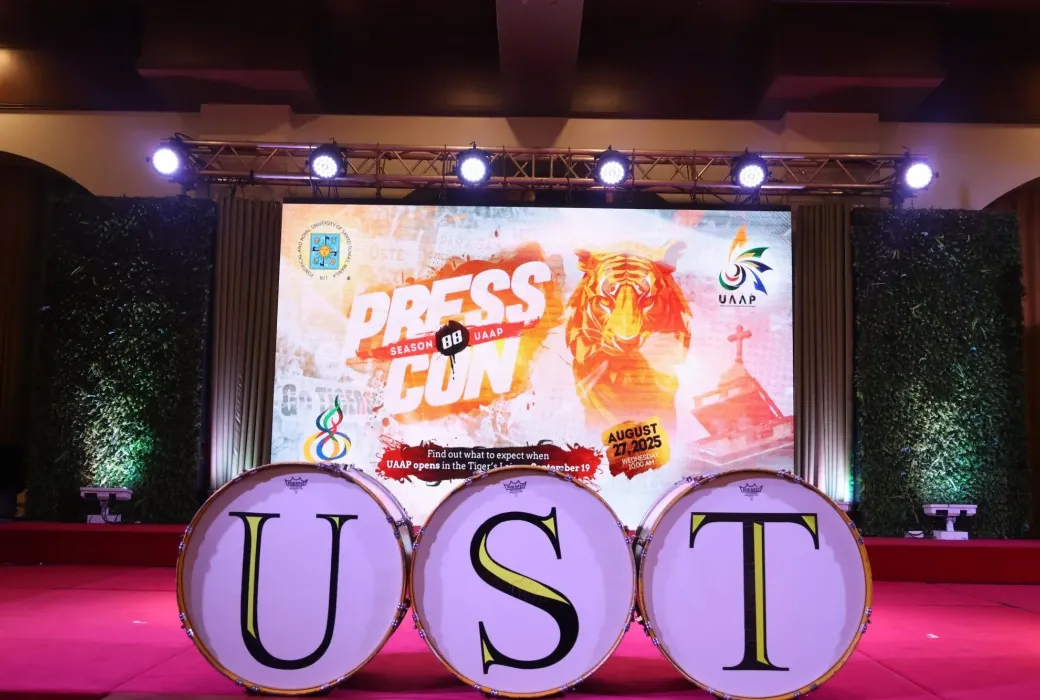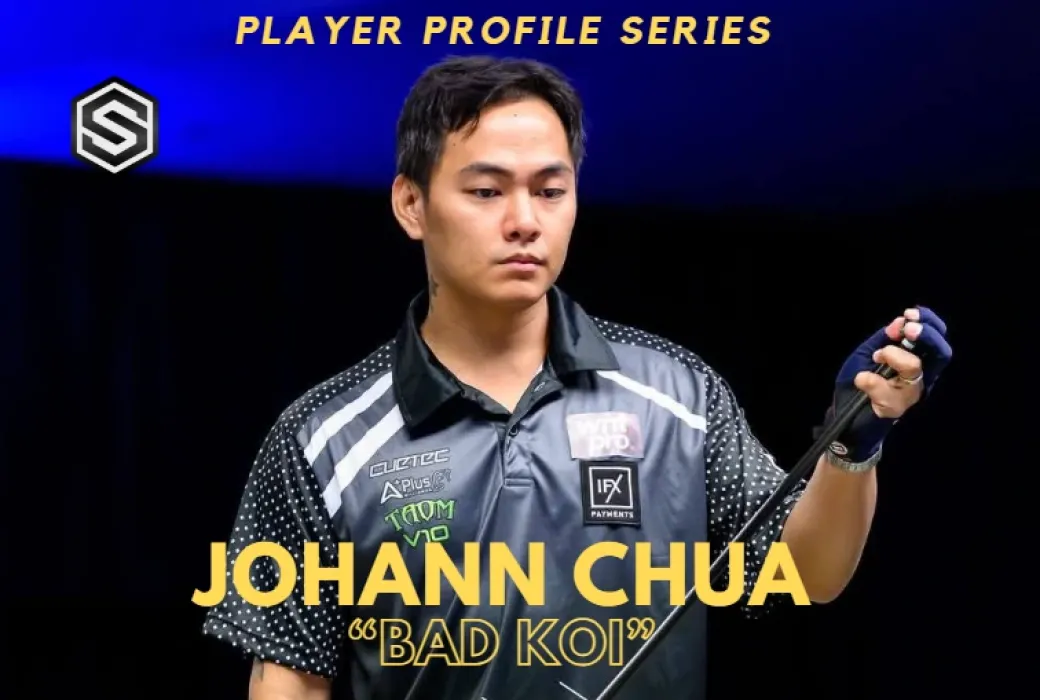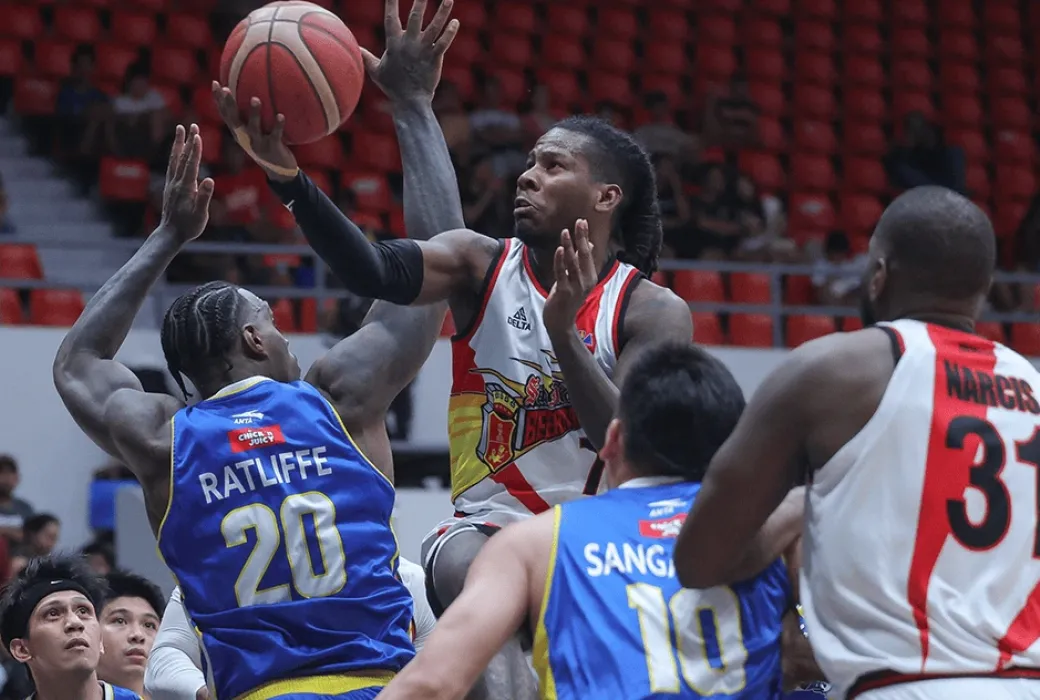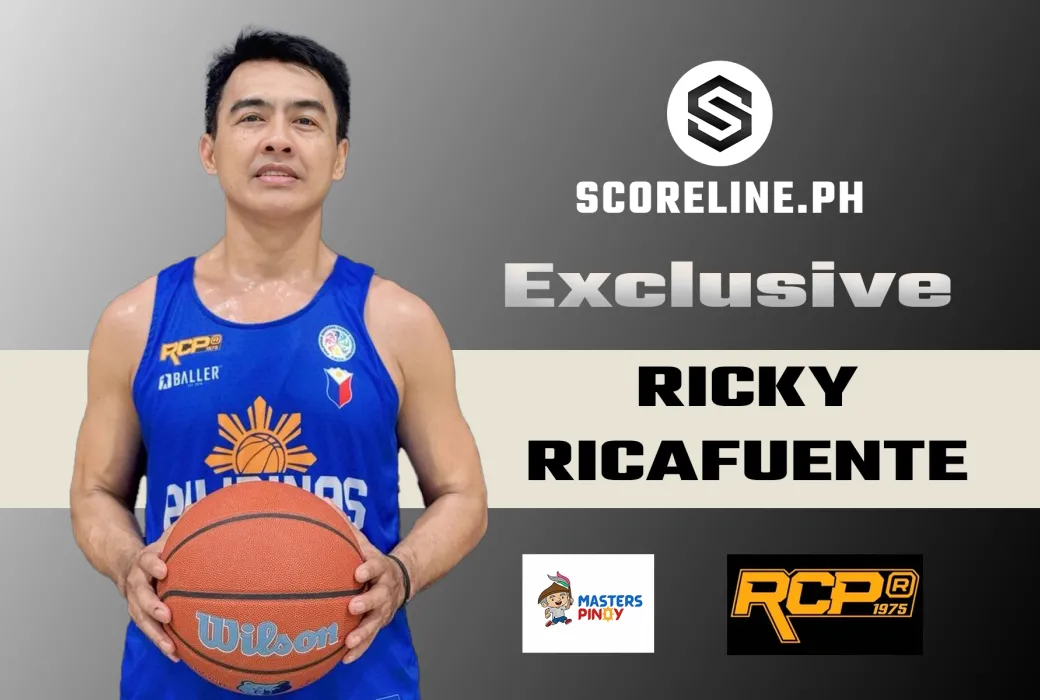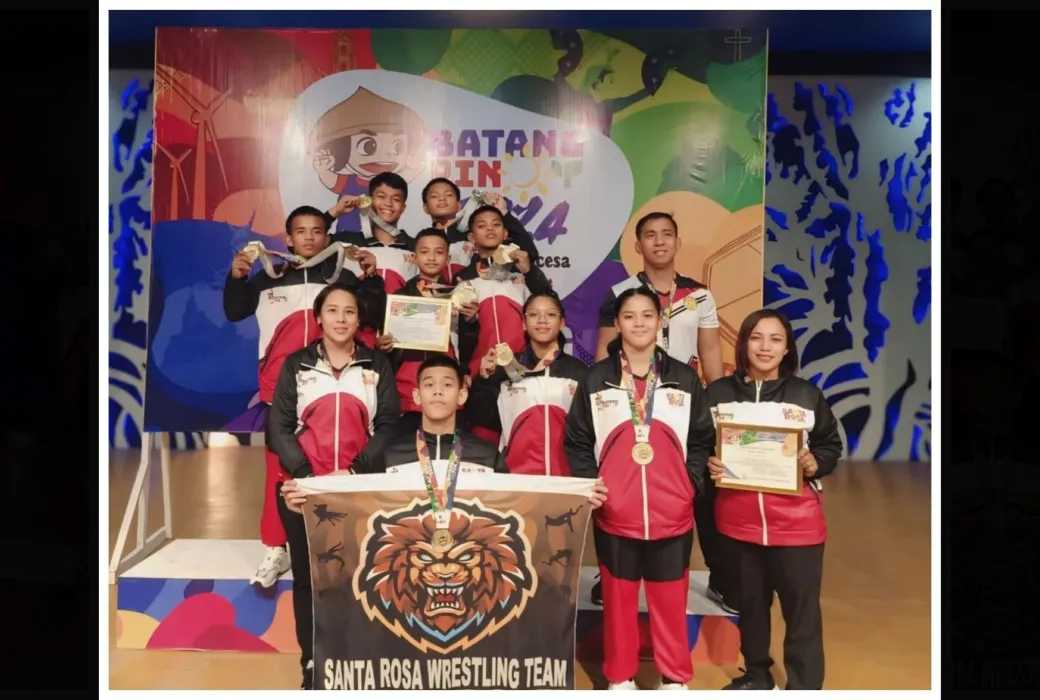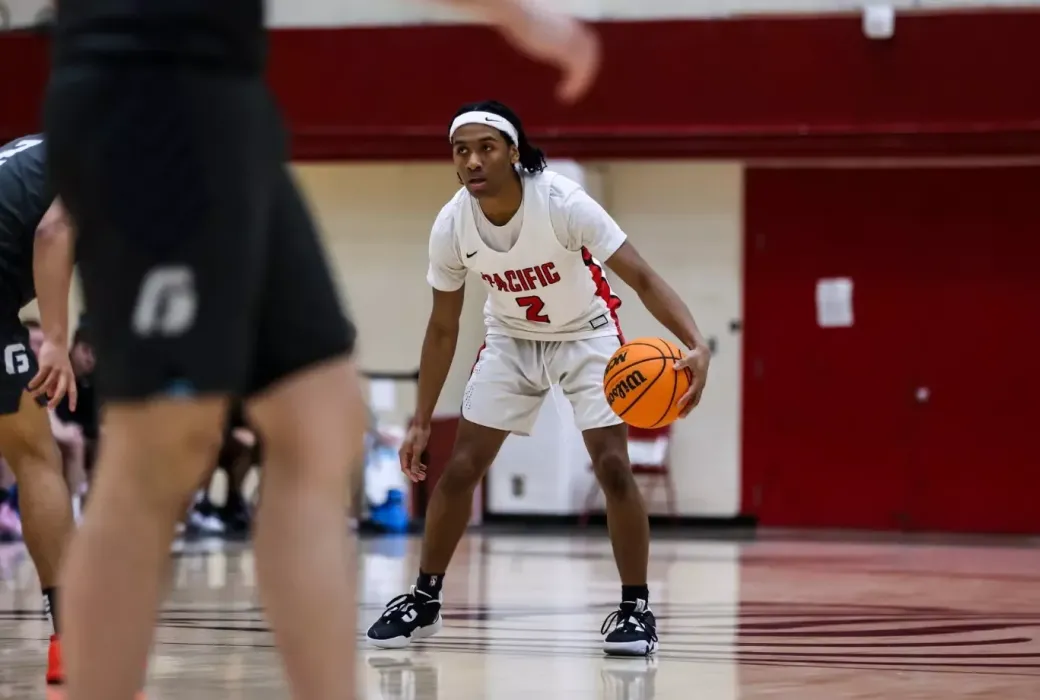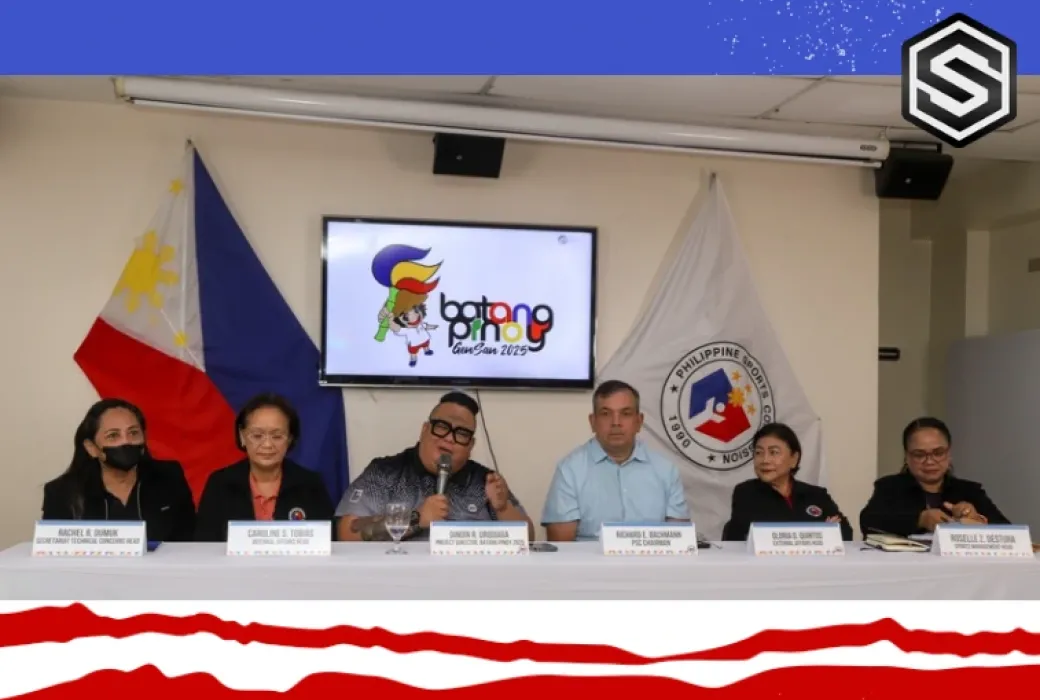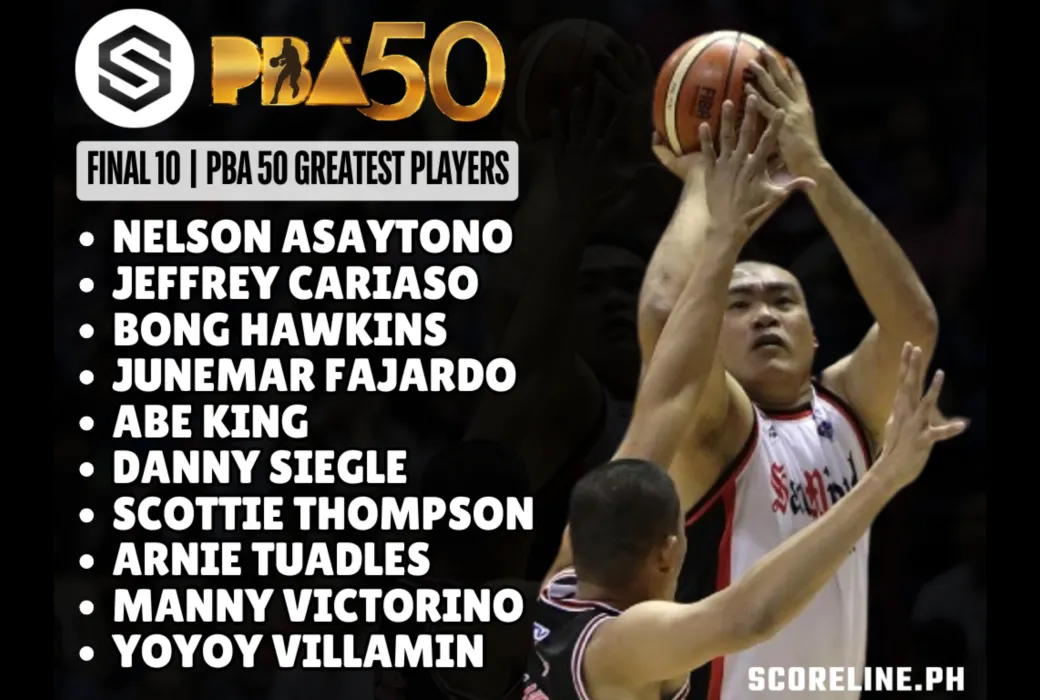The Philippine Sports Commission (PSC) gathered government leaders, private partners, athletes, and stakeholders at the 2025 Sports Stakeholders Forum held at Solaire Resort, emphasizing the shared mission of strengthening Philippine sports through collaboration.
The event brought together representatives from various sectors, including government, media, academia, and the athletic community.
Business leader Manny V. Pangilinan (MVP) delivered the keynote speech, highlighting the long-term value of investing in sports.
He recalled the nation’s first Olympic gold medal by Hidilyn Diaz, noting it was the result of years of preparation and nearly ₱2 billion invested in coaches, facilities, and athlete support.
“When she raised the bar in Tokyo, she lifted an entire nation, adding that the next medal will be less expensive, because the first one will always cost more than the rest.” Pangilinan keynoted in his speech
MVP described sports as a “metaphor for life,” teaching discipline, teamwork, and focus—qualities that benefit families, communities, and workplaces. He also emphasized the power of sports to strengthen national identity, citing France’s 1998 World Cup win, Didier Drogba’s call for peace, and Manny Pacquiao’s unifying impact on Filipinos worldwide.
“Whenever Team Philippines competes, our nation rallies together, united in spirit and purpose,” Pangilinan said.
The PSC reiterated that the forum is a crucial platform to engage stakeholders in shaping policies and initiatives for the continued advancement of Philippine sports.
Meanwhile, the Philippine Sports Commission (PSC) has announced sweeping reforms in athlete support, grassroots development, and sports tourism, signaling a stronger commitment to youth programs and national sports growth.
PSC Chairman John Patrick “Pato” Gregorio revealed that starting January 1, 2026, the commission will begin funding youth athletes as part of the National Training Pool—a major shift aimed at supporting rising stars as young as 15 or 16.
“Previously, only main pool members were eligible for PSC funding. But starting 2026, youth athletes will be recognized and funded under PSC programs,” Gregorio said.
He emphasized the importance of grassroots initiatives, citing Cebu’s successful youth program that’s thrived for over 25 years. Gregorio also announced a new pathway for retiring athletes to transition into coaching roles, with PSC-supported training in partnership with the Bureau of Sports Instruction. “Retired athletes can now become coaches in regional training centers, keeping the grassroots cycle alive,” he shared.
Gregorio highlighted the impact of the government’s push for healthier lifestyles, noting the daily turnout of 3,000 people at Rizal Memorial Sports Complex since sports facilities were opened nationwide.
There are also plans underway to redevelop the 22-hectare Parks and Wildlife facility in Quezon City into “Parks and Sports Life,” a hub for walking, biking, and recreation.
Sports tourism is another focus, with the Philippines set to host major international events between 2026 and 2027, including the World Surfing Championship, Artistic and Rhythmic Gymnastics, Philippine Golf Open, Karate World Youth, Soft Tennis, and the FIBA Women’s Asia Cup.
“The Tour of Luzon last March reached 103 million views in just 10 days. That’s the power of sports tourism—it creates jobs, drives visibility, and puts the Philippines on the global map,” Gregorio noted.
PSC Chairman Gregorio closed the forum by assuring stakeholders of transparency and commitment in his leadership:
“I assure you of my commitment, honesty, and 100% dedication. We will take care of government resources and private sector support—but let’s do this together for Team Philippines.”
“I assure you of my commitment, honesty, and 100% dedication. We will take care of government resources and private sector support—but let’s do this together for Team Philippines.” - PSC Chair. Gregorio


